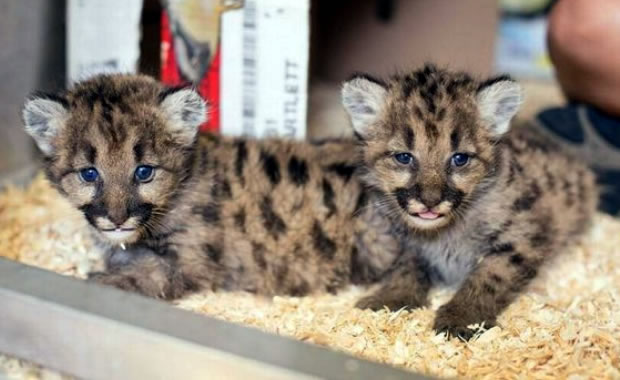

Thin-spined Porcupine
|
Creature Profile
The thin-spined porcupine is only found in northern and central Brazil. Porcupines are tree-dwelling members of the rodent family. They are stocky animals with blunt muzzles and small eyes, and they are distinguishable by the sharp quills or spines that cover much of their bodies and tails. This species is also called the bristle-spined porcupine because of the more bristle-like spines appearing on the back that no other porcupine species possess. Its coloration is brown and sometimes gray. Adults weigh about 45 ounces on average and grow up to 16.5 inches long. The tail is long and scaly and has no spines. Porcupines usually have a prehensile tail, meaning they are able to use it for climbing, but the tail of the thin-spined porcupine is not prehensile.
Thin-spined porcupines prefer to live in the trees of dense vegetated forests and bush regions around savannas and cultivated areas. They are slow movers, but are able to jump and climb quickly in the trees if needed. During the day they sleep in hollow tree trunks, nests, or ground holes under rocks. This species generally prefers to live in areas where cocoa trees are present. The cocoa trees provide nuts which are one of their favorite food items. This species also feeds on seeds and fruits. Little is known of the reproductive biology of porcupines. Breeding for this species may occur only one month out of each year, and females tend to choose larger males to mate with.
This species was once thought to be extinct until rediscovered in 1986. These porcupines are very rarely seen and restricted to remnant forests and forest edges of its range. Its habitat is dwindling very fast due to deforestation and agricultural development. In 1970, this species was listed as endangered, but very few additional conservation measures have been taken to preserve the species.
Wikipedia Article

|
Wikipedia Article Copyright Notice: This article is licensed under the GNU Free Documentation License. It uses material from the Wikipedia article "Bristle-spined rat". |
May 9, 2017
Glenn, C. R. 2006. "Earth's Endangered Creatures - Thin-spined Porcupine Facts" (Online). Accessed 4/26/2024 at http://earthsendangered.com/profile.asp?sp=376&ID=11.
Need more Thin-spined Porcupine facts?



